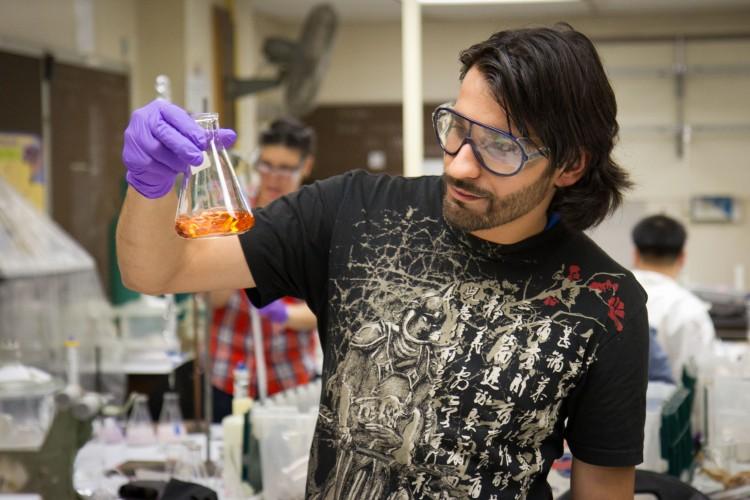NEW YORK—Mubashar Ahmed was in Dubai in 2000, an 11-year-old with no thought of coming to the United States. But his sister, Alleeza Nazeed, was in grave danger. She had recently undergone brain surgery and was receiving aftercare. Her condition worsened and they gave her a month to live.
“The doctors said there was nothing that could be done,” Ahmed said on Monday. “Instead of just sitting, my dad decided to get a visa and come over here [the United States].”
Ahmed and his family flew to the United States with six-month visas, but Nazeed needed extensive, long-term care. Ahmed’s family flew back to Pakistan when their visas ran out, since they could not apply for visas while in the United States.
Ahmed’s family came back with a short-term visa and an application for a business visa that would allow them to stay in the U.S. long-term. Their application was denied and an inexperienced lawyer botched the paperwork on the three appeals.







